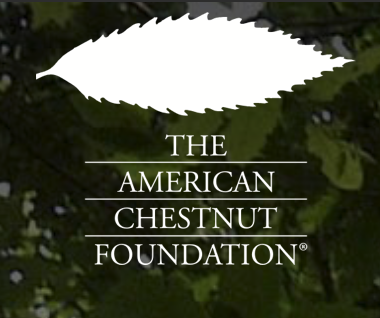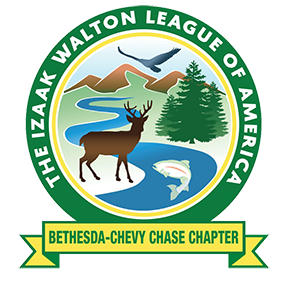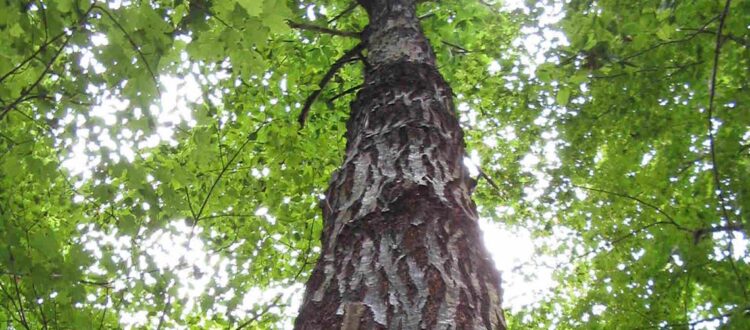Spring 2020 Hybrid Chestnut Seed Planting
Blaine Elkins
blaineelkins@verizon.net
On Saturday, March 21, the chapter will partner with the Maryland chapter of the American Chestnut Foundation to plant seeds from select mother trees as part of the TACF program for breeding blight resistant American Chestnuts for reintroduction to their original range in the eastern hard- wood forest. TACF has pursued a program of crossing American Chestnuts with blight resistant Asian chestnuts. The resulting hybrid seeds were planted and raised to the point of fruiting. These crosses were backcrossed over 2 to 4 generations with pure American Chestnuts. Each generation was assessed for blight resistance and the most resistant progeny were retained.

The nuts we will be planting in the spring are the result of three generations of breeding, on average. The nuts have been collected from 13 different mother trees. Some nuts from each of the same mother trees will also be planted in February at a greenhouse in Baltimore, where they will be inoculated with blight and assessed for resistance, a process called a progeny test. We will plant the balance of the nuts from each mother tree in the spring, outdoors and nurture them through the normal growing season.
Once the assessment of the greenhouse seedlings is complete, TACF will know which mother trees have yielded the most blight resistant progeny. Seedlings from these mother trees that have grown in the B-CC IWLA planting will be selected for inoculation to test their individual levels of resis- tance in spring 2021. The most resistant of these will be plant- ed in TACF’s seed orchards in the fall of 2021 as part of the breeding program.
The BCC/TACF project has the potential to improve the quality of trees in the TACF breeding program, while reducing the time and labor that goes into producing them. It will also enlarge our footprint in conservation efforts in Maryland.
This work is scheduled for Saturday, March 21 at the greenhouse near the archery range starting at 9:00am. Jobs available will be: 1) packing pots with potting mixture, 2) labeling pots, 3) planting chestnut seeds in pots, 4) watering completed plantings, 5) placing chicken wire on the top of the squirrel proof enclosures. Light garden gloves might help if you don’t want to get your hands dirty.

